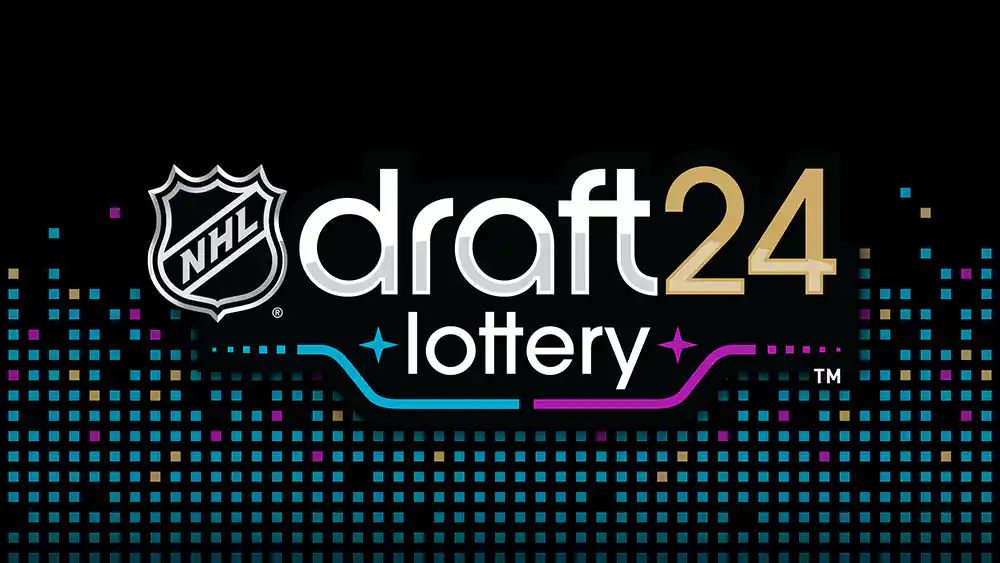The Vesa Toskala trade

The peerless Kent Wilson eloquently expressed his thoughts (and, as it turns out, the thoughts of many Flames fans) earlier today on the Steve Staios acquisition.
The capper on that one is that it would not have been beyond belief had the Oilers been the club giving up the third-round draft choice for the privilege of dumping an onerous salary (the same way the Flames packaged a second-round pick with Wayne Primeau in the off-season swap with Toronto). Instead, it’s the Flames who coughed up the pick, which explains all the excitement and joy in Edmonton and the grumbling and head-scratching in Calgary.
By comparison, the acquisition of netminder Vesa Toskala was met with greater approval by a Flames fanbase that had developed the habit of watching Curtis McElhinney starts covering their face with their hands and peeking through the fingers.
But even if you accept the suggestion Toaskala is a good backup (and recent performance certainly makes it possible to refute that claim) it’s hard to see the value of adding a netminder who the Flames must pay the proprated portion of $4M.
Even if Toskala is superior to McElhinney (and again, not everyone will concede that point) there’s certainly no question that Miikka Kiprusoff is better than Toskala.
So in effect, the more Toskala plays, the worse off the Flames will be in the long haul. With two back-to-backs left the rest of the way, let’s say that the ideal number of Toskala starts for the remainder of the schedule in order to give Kiprusoff the rest he needs and to maximize his physical and mental condition is two.
If you give Toskala the front end of those two back-to-backs, that means he’ll be facing the division-leading Canucks in Vancouver or the middling Bruins in Boston. Or you could give him the theoretically more difficult second game and throw him in against the Red Wings at the Saddledome and against the league-leading Capitals in Washington. Or mix and match the two games any way you please.
Given the circumstances and the opposition, what is a reasonable expectation of success for an average goaltender? Now what is a reasonable expectation for success for a goalie whose save percentage has been below .900 the past two seasons, who hasn’t played a game since January and who will be guarding the cage for a team that has scored the second-fewest goals in the NHL?
In a best-case scenario, we’re obviously talking about a four-point swing but isn’t just as possible that there would be zero impact on the results regardless of whether the backup was Toskala or McElhinney?
Now what would be the potential impact if, in spite of the perceived overabundance of forwards in Calgary, the Flames had spent that $1.4M in cap wiggle room on (Alex Tanguay anyone?)offensive help?
As for the "Calgary needed a better alternative in case something happened to Kipper" argument, forget it. The Flames are facing an uphill struggle to make the playoffs with Kiprusoff, so any Plan B between the pipes certainly isn’t going to cut it.
Lastly, another supposed point in the deal’s favour is that the Flames have rid themselves of the additional season on McElhinney’s contract. Considering that McElhinney was barely making the minimum and could have been expunged from the big-league roster any number of ways, that the Flames will actually be paying out more money because of what’s left on impending UFA Toskala’s contract this season and that the club still has to shell out for a new backup in 2010-11, it’s hard to see the savings.
Recent articles from Jean Lefebvre





